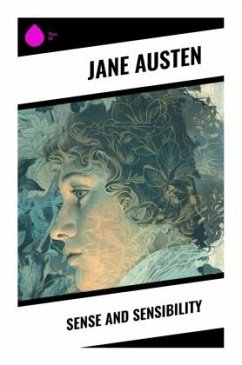
The Golden Bowl
Versandkostenfrei!
Versandfertig in 6-10 Tagen
16,60 €
inkl. MwSt.

PAYBACK Punkte
0 °P sammeln!
Henry James's "The Golden Bowl" is a intricate exploration of the complexities of human relationships, love, and betrayal, set against a backdrop of European aristocracy. Through a profound psychological lens, the novel employs James's characteristic style of nuanced dialogue and rich, impressionistic prose, enveloping the reader in an atmosphere of moral ambiguity. The narrative revolves around an American heiress and her English husband, entwined in a web of deception involving a charming but morally questionable acquaintance, with the eponymous golden bowl symbolizing the fragile nature of ...
Henry James's "The Golden Bowl" is a intricate exploration of the complexities of human relationships, love, and betrayal, set against a backdrop of European aristocracy. Through a profound psychological lens, the novel employs James's characteristic style of nuanced dialogue and rich, impressionistic prose, enveloping the reader in an atmosphere of moral ambiguity. The narrative revolves around an American heiress and her English husband, entwined in a web of deception involving a charming but morally questionable acquaintance, with the eponymous golden bowl symbolizing the fragile nature of trust and fidelity. Henry James, an iconic figure in American literature, was profoundly influenced by his own transatlantic experiences, which shaped his views on class, culture, and the inherent contradictions within societal norms. Living in both America and Europe, James possessed a keen awareness of the intricacies of personal relationships and the affecting power of social dynamics. This context enriches "The Golden Bowl," as he weaves his acute observations into the fabric of the narrative, highlighting the tensions between affection and avarice. Readers who appreciate psychological depth and intricate character studies will find "The Golden Bowl" a compelling read. It invites contemplation of morality's labyrinthine paths and engages the intellect while echoing the emotional turmoil of its characters. This masterful work remains a poignant examination of love and its frailties, making it an essential piece for those drawn to the complexities of human nature.












